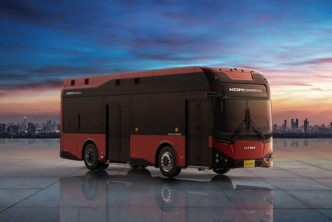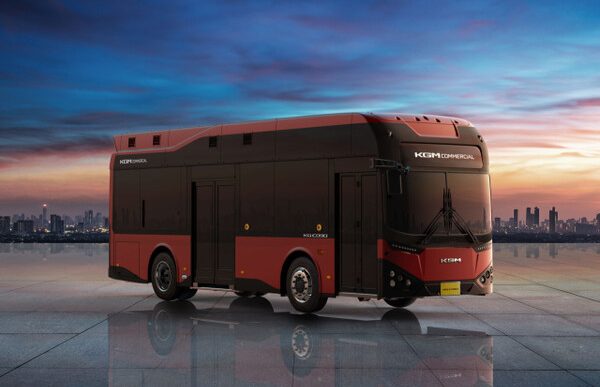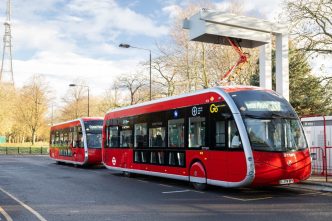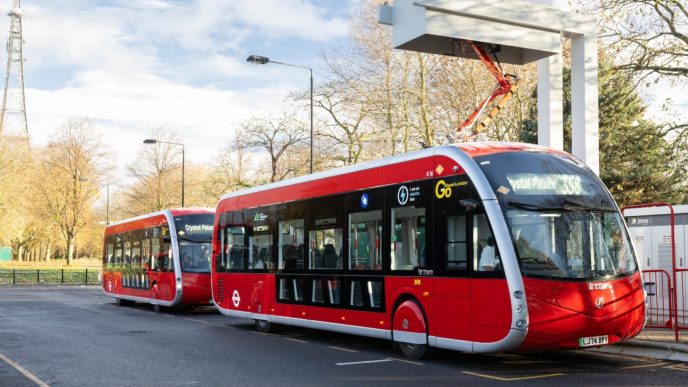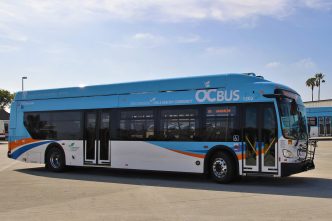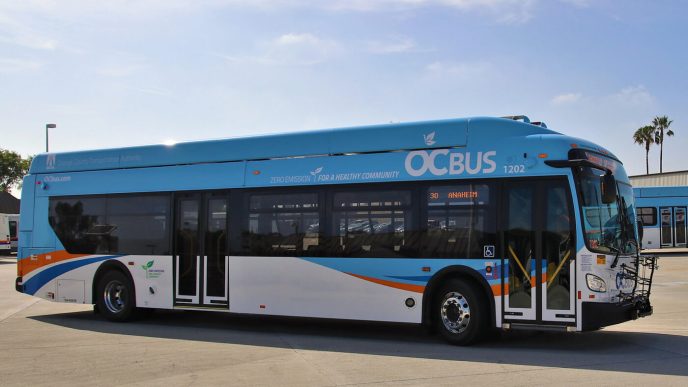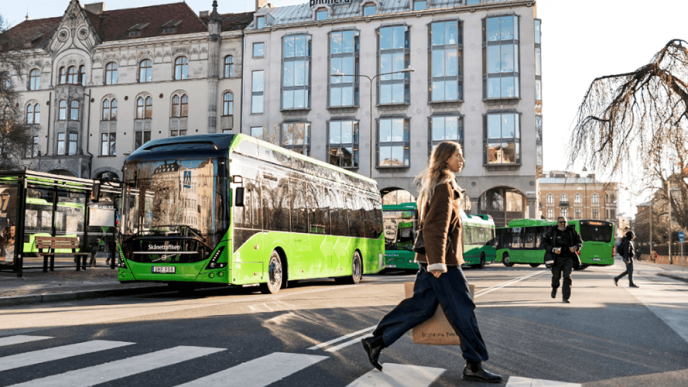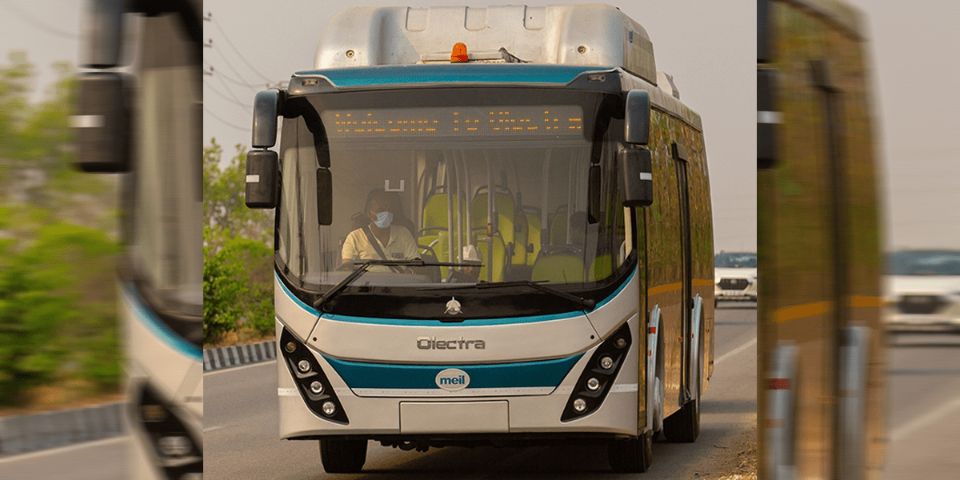Tide Buss, a public transport operator in Hammerfest, Norway, is gearing up for a second winter season with nine Volvo 7900 Electric buses following a successful first year navigating the challenges of Arctic conditions. The buses, which operate at 70 degrees north, are part of an environmentally focused initiative led by the Finnmark county authority.
“All in all, we’ve been very happy with Volvo’s electric buses. We’ve only had one stoppage where the bus ran out of power, but that was due to a failure in our own routines,” said Trond Inge Hausmann, Operations Manager at Tide Buss. “We’ve also received positive feedback from the local authority, Finnmark. We’re proud of that, but we want to do even better.”
The electric buses run routes from Hammerfest’s city center to nearby villages, with six of the nine vehicles equipped with Volvo’s largest available batteries to handle the lengthy journeys. Adjustments to some routes have been made to optimize battery performance. Additionally, diesel heaters are used to combat rapid heat loss in the frigid climate, ensuring battery capacity remains sufficient during cold and windy periods.
“When Finnmark invited tenders for bus services, it had a substantial weighting under environmental criteria that made it attractive and advantageous to offer electric buses, so that’s what we did,” said Jan-Helge Sandvåg, Technical Director at Tide Buss.
Reflecting on the past winter, Hausmann noted that operating the buses in such extreme weather proved the viability of electric transit in the Arctic. “Last winter showed that electric operation is entirely possible, even at 70 degrees north. We made it through extreme weather, and managed to keep things running smoothly,” he said.
As Tide Buss continues its electric operations, it aims to refine its processes further, bolstering Hammerfest’s reputation as a pioneer in sustainable public transportation in extreme environments.





